Search Results
Showing results 41 to 60 of 145
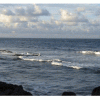
Catch a Wave: How Waves are Formed
Source Institutions
In this three-part activity, learners explore how waves are formed and why some waves are bigger than others. First, learners observe waves of water in a pan generated by an electric fan.
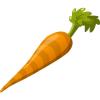
How Fast Can a Carrot Rot?
Source Institutions
Learners design their own experiment to determine conditions that either help or hinder the decomposition of carrots by soil microbes.

Beach Finds Curiosity Cart
Source Institutions
In this activity, learners observe hard parts of sea creatures (shells, molts, etc.) to better understand marine environments.
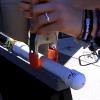
A Spray Spree
Source Institutions
In this activity, learners explore water pressure by conducting an experiment with a garden hose. Learners build a testing apparatus and create PVC nozzles with different sized holes.

Solar Water Heater
Learners work in teams to design and build solar water heating devices that mimic those used in residences to capture energy in the form of solar radiation and convert it to thermal energy.
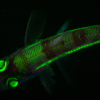
Illuminating Luminescence
Source Institutions
In this activity, learners compare and contrast different forms of luminescence by observing how chemiluminescence, phosphorescence, and fluorescence produce or emit light.
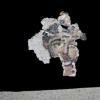
Making Mosaics
Source Institutions
In this archaeology meets art activity, learners make a mosaic and consider the ways in which art communicates.
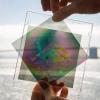
Polarized Light Mosaic
Source Institutions
In this activity, learners use transparent tape and polarizing material to create and project beautifully colored patterns reminiscent of abstract or geometric stained glass windows--no glass required
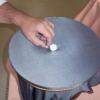
Gravity and Falling
Source Institutions
This fun and simple hands-on astronomy activity lets learners experiment with a bucket, stretchy fabric, marbles, and weights to discover some basics about gravity.
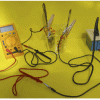
Cake by Conduction
Source Institutions
In this demonstration, cook a cake using the heat produced when the cake batter conducts an electric current.
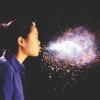
No It's Snot
Source Institutions
In this health activity (on page 3 of the PDF), learners will learn about the body‘s defenses against invasion from tiny particles.
Simple Submarine
Source Institutions
Using simple, inexpensive items, learners build and test submarine models.
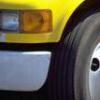
How the Rubber Meets the Road
Source Institutions
In this activity, learners explore how engineers design tire treads to increase safety and reliability.
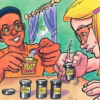
A Feast for Yeast
Source Institutions
In this activity on page 6 of the PDF (Get Cooking With Chemistry), learners investigate yeast. Learners prepare an experiment to observe what yeast cells like to eat.
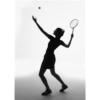
Hit the Spot!
Source Institutions
This is a hands-on activity about the physics of tennis. Learners will discover that physics plays a big part in tennis, no matter what their skill level might be.
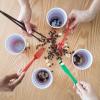
Bean-Counter Evolution
Source Institutions
In this simulation game, learners play as predators equipped with genetically different “mouths” (utensils) and hunt for “prey” (assorted beans).

Pollution Patrol
Source Institutions
In this activity, learners explore how engineers design devices that can detect the presence of pollutants in the air.
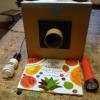
Cardboard Opaque Projector
Source Institutions
In this activity, learners construct a projector out of cardboard to view their favorite images (such as storybook illustrations) on the wall.
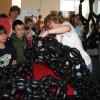
Balloon Nanotubes Tabletop
Source Institutions
This activity introduces learners to the structure and properties of carbon nanotubes.
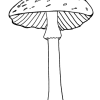
Making Paper with Fungi
Source Institutions
In this activity (p.24 of PDF), learners make paper with fungi. Learners discover that paper is basically a flat mat of fibers.
